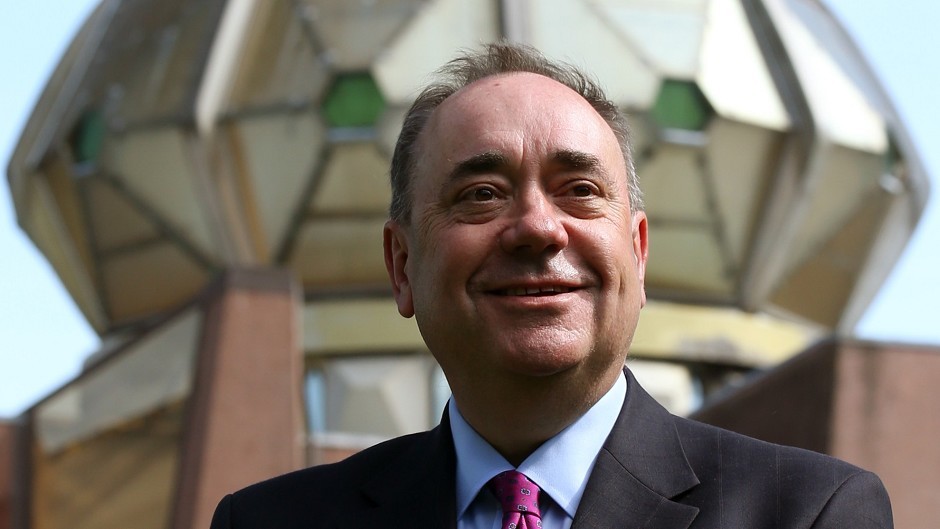Scotland will become independent “in more promising circumstances than virtually any nation in history” if the country votes Yes in September, according to the First Minister.
Alex Salmond will put forward his arguments for independence during a public meeting of the Scottish cabinet in Rutherglen, South Lanarkshire today.
He will make his address as the Scottish Government prepares to release fresh information on “Scotland’s financial strengths and the economic opportunities that only come with independence”.
Mr Salmond will say: “I am going to argue that we need the powers of independence to create sustainable prosperity across the whole of Scotland and to ensure that everyone feels the benefits of that prosperity.
“If we vote Yes in September then Scotland will become independent in more promising circumstances than virtually any nation in history.
“Scotland has contributed more in taxes, per person, than the rest of the UK for every single one of the last 33 years.
“Over the past five years our public finances have been healthier than the UK’s by £8.3 billion – that’s nearly £1,600 per person.
“We would be among the wealthiest nations in the OECD. Scotland would be 14th on the list, with the UK at 18th. Seven out of the ten wealthiest countries in the developed world have populations similar to, or smaller than, Scotland.”
Scotland also has “extraordinary potential” in areas such as engineering, life sciences and energy, Mr Salmond will say.
“The key point is that with independence we could use every policy power available to us – targeted tax measures, export promotion, linking our skills policies to wider measures on employment – to re-industrialise Scotland and create a competitive and fair modern economy.”
Mr Salmond’s speech comes the day before the Treasury publishes its own analysis, which it says will set out the amount Scots will save if they reject independence.
